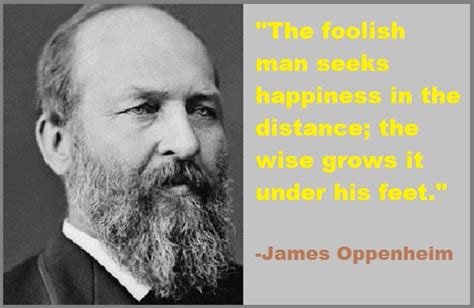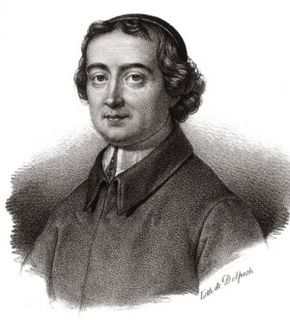A Quote by Confucius
A wise man seeks by music to strengthen his soul: the thoughtless one uses it to stifle his fears.
Related Quotes
Strange is the vigour in a brave man's soul. The strength of his spirit and his irresistible power, the greatness of his heart and the height of his condition, his mighty confidence and contempt of danger, his true security and repose in himself, his liberty to dare and do what he pleaseth, his alacrity in the midst of fears, his invincible temper, are advantages which make him master of fortune.
When one tries to increase his knowledge by doing mental gymnastics over books without waiting upon God and looking to the guidance of the Holy Spirit, his soul is plainly in full swing. This will deplete his spiritual life. Because the fall of man was occasioned by seeking knowledge, God uses the foolishness of the cross to "destroy the wisdom of the wise.
It is God's earth out of which man is taken. From it he has his body. His body belongs to his essential being. Man's body is not his prison, his shell his exterior, but man himself. Man does not "have" a body; he does not "have" a soul; rather he "is" body and soul. Man in the beginning is really his body. He is one. He is his body, as Christ is completely his body, as the Church is the body of Christ








































